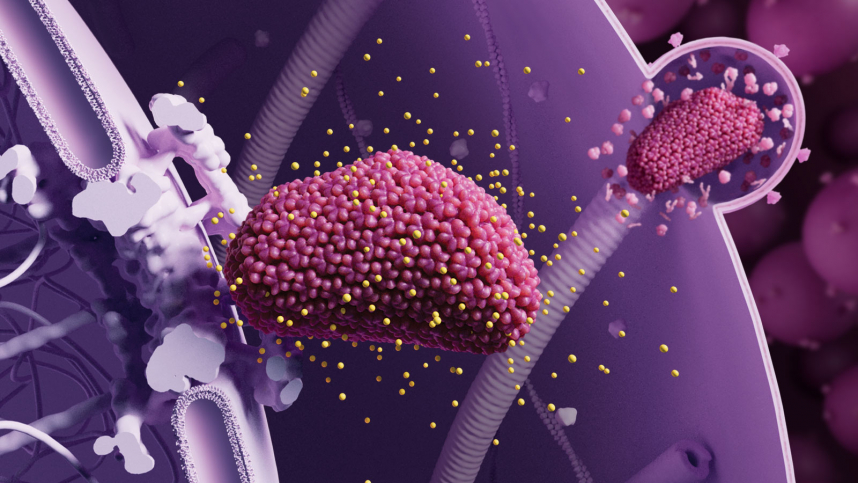
An injectable HIV drug with a novel mechanism shows a remarkable ability to prevent infection. For this reason, Science magazine characterized it as "the breakthrough of the year" for 2024.
Despite decades of progress, HIV still infects more than 1 million people a year, and a vaccine remains stubbornly out of reach. But this year the world got a glimpse of what might be the next best thing: an injectable drug that protects people for 6 months with each shot.
The astonishing 100% efficacy...
A large efficacy trial in African adolescent girls and young women reported in June that these shots reduced HIV infections to zero—an astonishing 100% efficacy. Any doubts about the finding disappeared 3 months later when a similar trial, conducted across four continents, reported 99.9% efficacy in gender-diverse people who have sex with men.
Many HIV/AIDS researchers are now hopeful that the drug, lenacapavir, will powerfully drive down global infection rates when used as pre-exposure prophylaxis (PrEP). “It has the potential if we can do it right, which means going big and getting it out there,” says Linda-Gail Bekker, an infectious disease specialist at the University of Cape Town who led one of the two efficacy trials for the drug’s maker, Gilead Sciences.
But that’s not the only reason Science has named lenacapavir its 2024 Breakthrough of the Year. The off-the-charts success of the drug as PrEP sprang from a basic research advance: a new understanding of the structure and function of HIV’s capsid protein, which lenacapavir targets. Many other viruses have capsid proteins, which form a shell around their genetic material, so this drug’s triumph raises the exciting prospect that similar capsid inhibitors could fight other viral diseases.